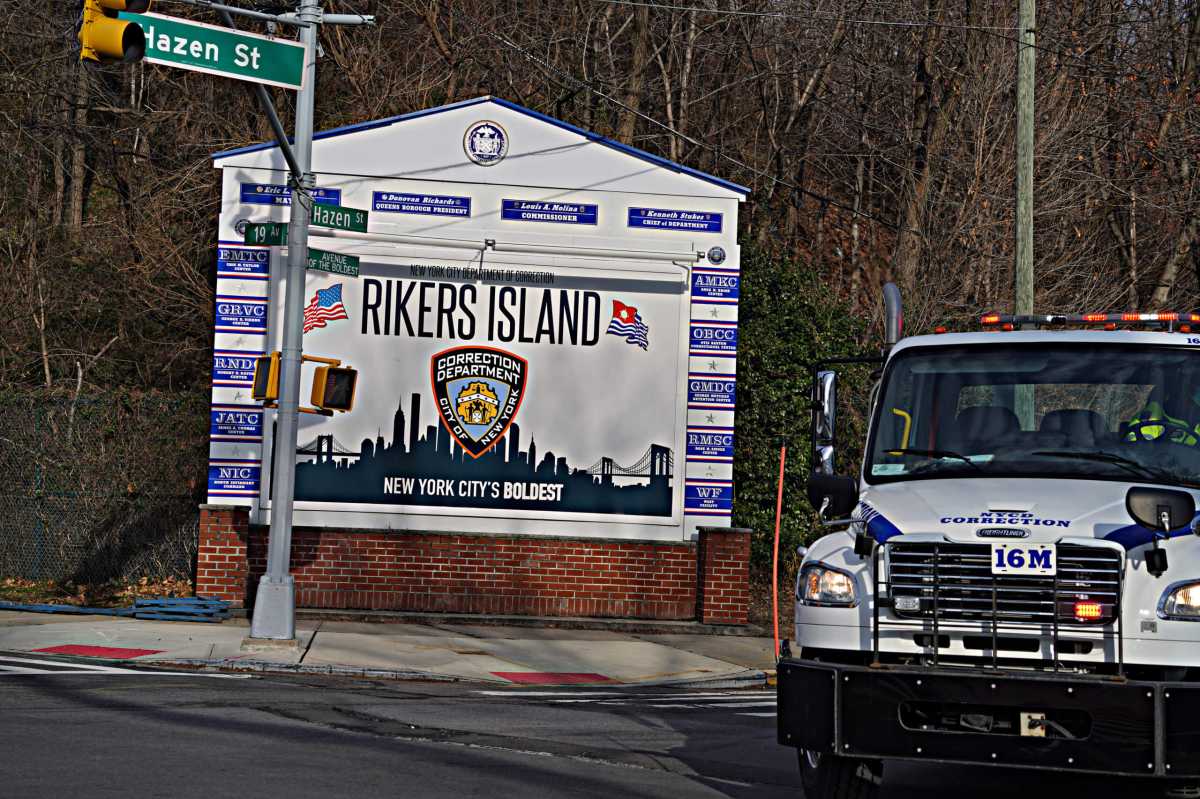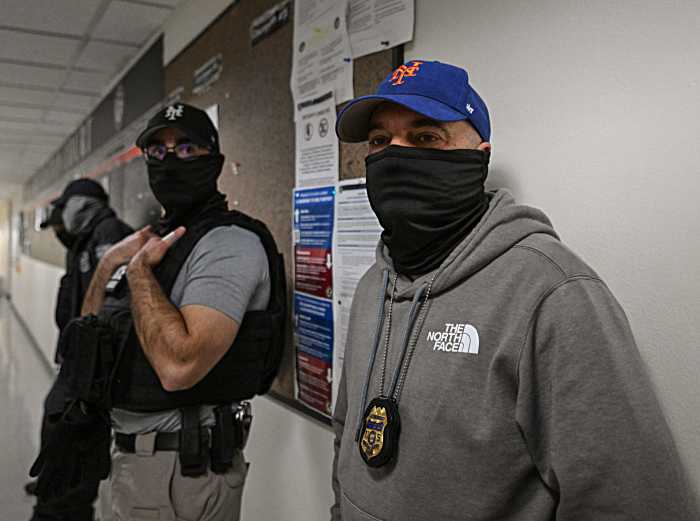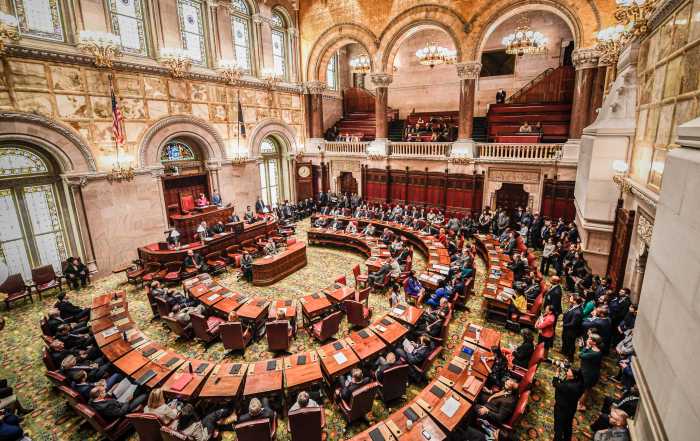The inmates on Rikers Island are people. That may sound like a bleeding heart statement, but it is also a fact.
The individuals locked up on Rikers have either been convicted of a crime, or have been accused of a crime and are being detained pending further prosecution. The latter group is presumed innocent until proven guilty in court, as is the standard of the American criminal justice system. Whether they have been convicted or merely charged is irrelevant; the Correction Department, responsible for keeping these inmates under lock and key, has a solemn responsibility to ensure their safety.
And yet time and again, Rikers Island has seen one inmate death after another — one Correction Department personnel assault after another. It has led to federal oversight by a court-appointed monitor — and a prolonged effort to shut the prison down and replace Rikers with community-based jails. Even as the Adams administration has pledged reform under two different correction commissioners, inmates are still dying on Rikers under questionable circumstances.
Charizma Jones, 23 years of age and incarcerated on alleged second-degree assault charges, developed a rash and fever in late April, according to the Legal Aid Society. She was twice admitted to the Rikers infirmary, and on her second visit, lawyers claim, Correction personnel repeatedly interfered with medical evaluation efforts.
By May 6, Jones’ condition deteriorated to the point that she had to be brought to Elmhurst Hospital for treatment. After being transferred to two other hospitals for treatment, Jones wound up slipping into a coma from which she would never awaken; she died on July 14. Medical experts believe the cause of her death was a severe allergic response to a common antibiotic.
Second-degree assault in New York is a felony punishable by between 5 and 10 years in prison upon conviction. In Jones’ case, she wound up with the death penalty in a state where public executions are outlawed — her case never getting to trial, her guilt never proven.
We don’t know if Jones was guilty or innocent of the charges against her. What we do know is that her incarceration at Rikers should not have led to her death. And the same could be said for almost every other inmate who has lost their lives on the island in recent years.
Both the state and city Corrections Departments have said they will investigate Jones’ death. Any personnel found to have committed wrongdoings that contributed to Jones’ demise should face accountability, including termination and possible prosecution.
The Adams administration must also step up efforts to ensure that reform efforts on Rikers are followed to the letter, and that the safety of both inmates and personnel are treated as one and given the highest priority. It must also take seriously the push to close Rikers and replace it with community-based jails by 2027; time is running short.






































